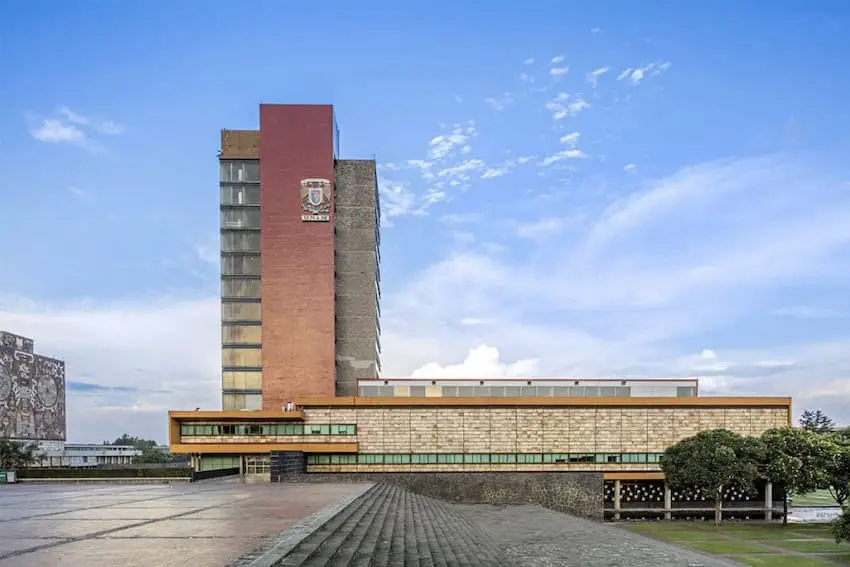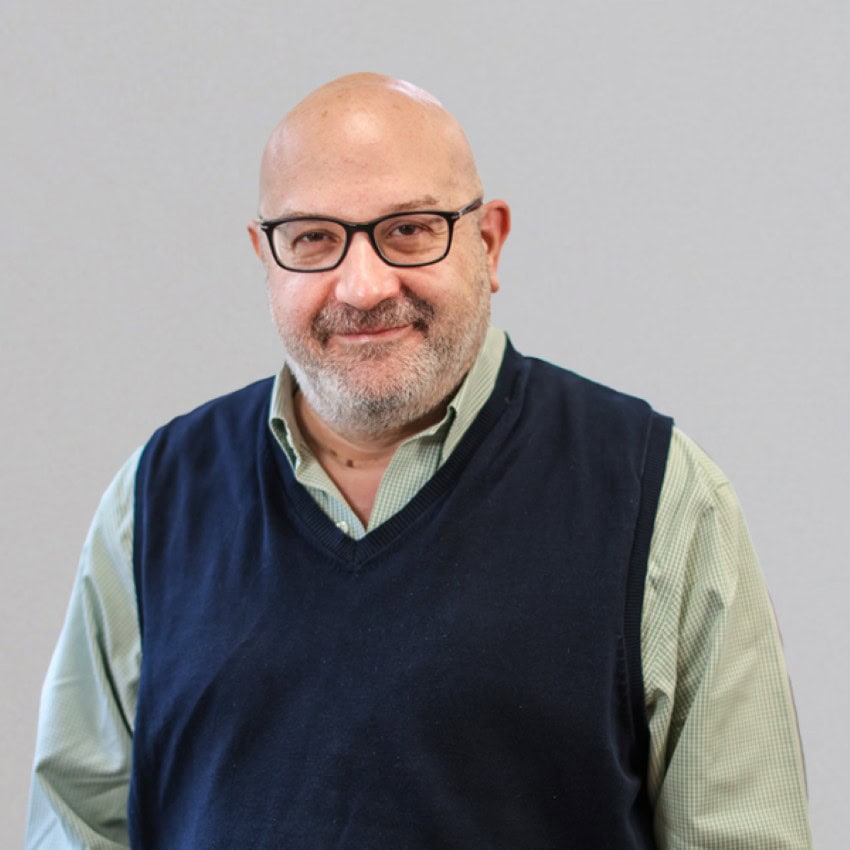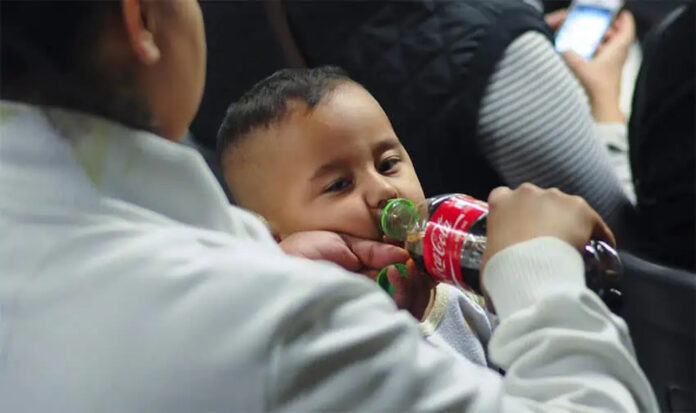In a busy clinic in Mexico City’s Iztapalapa neighborhood, patients struggling with obesity aren’t just receiving nutritional advice and medical treatment. They’re reading poetry, sharing personal stories and engaging with literary texts. Over at the National Autonomous University (UNAM), meanwhile, a mix of students and professionals analyze and discuss Carlos Fuentes’ masterpiece “La Muerte de Artemio Cruz” (The Death of Artemio Cruz). Together, they uncover themes within the book similar to the corporate ethical dilemmas and interpersonal conflicts of today.
This innovative approach, originally founded in the United Kingdom by scholar Maurice Biriotti, is known as applied literature, and it’s taking the art of the written word to a whole new level.

From British innovation to Mexican institution
Biriotti, cofounder of the SHM consultancy firm and the SHM Foundation, began integrating humanities-based thinking into business, healthcare and social problem-solving in the UK over 25 years ago. In 2008, SHM began working in Mexico, creating a mobile phone support network for pregnant women diagnosed with HIV in an approach they called the Zumbido Health Model. In 2016, Biriotti started collaborating with UNAM’s Faculty of Philosophy and Letters on a different project.
Together with Dr. Aurora González, a Mexico City-based psychologist and UNAM instructor, Birriotti kick-started the Applied Literature Seminar. Soon enough, scholars from diverse fields began to use literature as a tool for understanding and addressing complex human and social issues, going as far as applying the method in hospitals, community centers and professional workshops.
The Seminario approaches literature as more than just material for classrooms and literary critics. These classic texts communicate profound insights into human conflicts, ambiguity and the complexities of experience. And when addressing problems like obesity that have psychological, cultural and social dimensions, that’s precisely what is needed.
Literature meets Mexico City’s health crisis
Mexico City faces some of the highest rates of childhood and adolescent obesity worldwide, and traditional public health approaches have struggled to address the complex factors behind this public health issue. Beyond the array of unhealthy food supplied in schools and unethically marketed to children, some experts identify Mexican cultural attitudes toward food as an obstacle to implementing real change.

To combat childhood obesity, the Applied Literature Seminar hosts community-wide workshops and chats to get people talking about their experiences. In their narrative workshops, participants read and discuss texts, such as novels by Rosario Castellanos and poems by Sor Juana Inés de la Cruz, which center around food, body image and health. Empathetic storytelling sessions provide a safe place for patients suffering from the health effects of obesity to reveal the stigma around the condition.
In a more academic setting, medical professionals and humanities scholars often meet for interdisciplinary dialogues, dissecting texts such as Tolstoy’s “The Death of Ivan Ilyich” and Fuentes’ ”La muerte de Artemio Cruz” for their themes of mortality, human dignity, class disparity and the social determinants of health.
Mexican literature transforms business ethics
The role that ethics play in business is another important focus for the seminar. In its first major colloquium, “El canon literario mexicano en el campo empresarial” (The Mexican literary canon in the field of business), the group explored how Mexican literary works can illuminate ethical dilemmas in workplace settings.
Carlos Fuentes’ “La muerte de Artemio Cruz,” which examines a businessman and former revolutionary’s rise to power through ethical compromises and corruption, provided powerful material for discussions about power dynamics and moral responsibility in Mexican organizations.
The seminar also referenced foundational texts that address leadership, negotiation of values and the formation of Mexican identity, such as canonical works by 19th-century liberal writer Ignacio Manuel Altamirano and periodicals of the same period, like El Recreo de las Familias and El Renacimiento.
The discussions aim to help professionals view workplace conflicts from new perspectives. By examining literature that deals with abstract concepts like corruption and discrimination, participants can connect these ideas to real-life experiences, making them more tangible and emotionally resonant for ethical decision-making.
How literature is leaving classrooms and entering communities
The Seminario de Literatura Aplicada at UNAM is transforming the traditional boundaries between literary study and everyday experience, one public program at a time. Through community events, academic seminars and hands-on creative sessions, the program is actively dissolving the separation between the arts and real life in Mexico City.
That breakthrough is taking place via academic seminars, creative writing sessions and theater. Regularly scheduled events, like the Seminario de Literatura y Géneros Vórtices explore literature’s intersections with gender, identity and social issues. Local health centers and hospitals host workshops for patients to read, write and share stories about their personal challenges with obesity, mental health and community memory.

Applied literature has even made its way on stage, with projects like “Teatro para los que nos curan” and “Yo soy Amalia” blending art with real life. These performances are designed to both analyze and process current social realities, including the aftermath of the pandemic or current healthcare challenges.
A novel approach to urban challenges
The seminar continues to expand its work, exploring applications in other areas of social concern such as violence prevention, environmental awareness and improving education.
Applied literature offers ways to address problems that resist purely technical solutions. It’s easy to oversimplify social issues, especially in a complex urban environment like Mexico City. However, by capitalizing on the city’s layered history and diverse population, literary approaches give researchers and participants the opportunity to recognize patterns and embrace challenges for a better future.
For more information on how the Seminario de Literatura Aplicada uses humanities-based approaches to complement and enhance traditional intervention strategies, check out the program’s main page and literary events calendar.
This article draws on research conducted at UNAM’s Faculty of Philosophy and Letters and various community applications of the applied literature approach across Mexico City since 2016.
Bethany Platanella is a travel planner and lifestyle writer based in Mexico City. She lives for the dopamine hit that comes directly after booking a plane ticket, exploring local markets, practicing yoga and munching on fresh tortillas. Sign up to receive her Sunday Love Letters to your inbox, peruse her blog, or follow her on Instagram.
